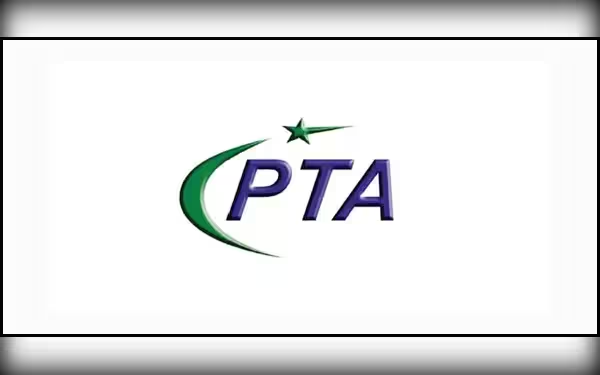Saturday, November 16, 2024 05:48 PM
PTA Blocks Over 844,000 Obscene Websites in Pakistan
- PTA blocks 844,008 websites for obscene content.
- Government targets unregistered VPNs to regulate internet access.
- Efforts aim to protect youth from harmful online material.
 Image Credits: pakobserver.net
Image Credits: pakobserver.netPTA blocks 844,008 websites spreading obscene content to ensure a safer online environment in Pakistan.
The digital landscape in Pakistan has seen significant changes recently, particularly concerning the regulation of online content. The Pakistan Telecommunication Authority (PTA) has taken a strong stance against websites that promote profane and obscene material. As part of its ongoing efforts to create a safer online environment, the PTA has successfully blocked a staggering total of 844,008 websites that were found to be spreading inappropriate content.
This move is part of a broader initiative by the government to ensure that the internet remains a safe space for all users, especially the youth. The PTA's actions reflect a growing concern about the impact of harmful online content on society. By blocking these websites, the authority aims to protect individuals from exposure to material that could be damaging or offensive.
In addition to blocking these websites, the government has also begun to take action against unregistered Virtual Private Networks (VPNs). These VPNs, which allow users to bypass internet restrictions, are now being targeted in a firewall trial. This step indicates the government's commitment to regulating internet access and ensuring that users are not able to access content that has been deemed inappropriate.
While some may argue that these measures infringe on personal freedoms, it is essential to consider the potential risks associated with unregulated internet access. The PTA's efforts to block obscene content and unregistered VPNs are aimed at fostering a more responsible digital environment. It is crucial for users to understand the importance of these regulations, as they play a vital role in protecting the community from harmful influences.
The PTA's actions to block over 844,000 websites and regulate VPN usage highlight the ongoing battle against online obscenity in Pakistan. As the internet continues to evolve, it is imperative for authorities to adapt and implement measures that safeguard the well-being of their citizens. Ultimately, a balanced approach that respects individual freedoms while ensuring public safety is essential for a healthy digital future.













